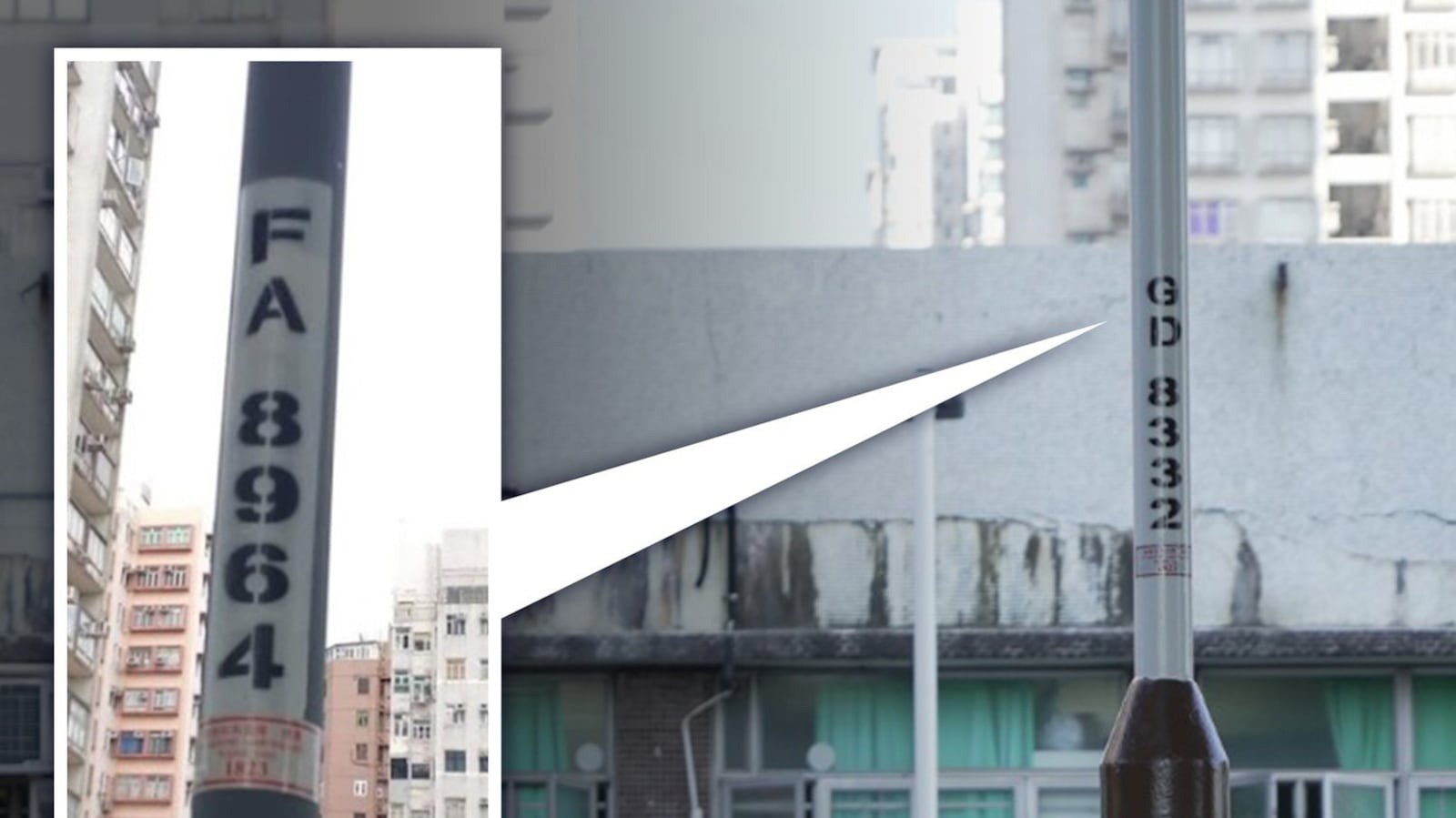By Ho Li Kao, China Daily Show
HONG KONG (China Daily Show) — The recent “success” of Hong Kong’s Executive Council in relabeling a lamppost designated “FA8964” — matching the sensitive date of the Tiananmen Square Massacre on 4 June, 1989 — has ignited an all-out scramble among city officials. Inspired by the favorable whispers from higher-ups in Beijing, council members are now vying to top each other by identifying and erasing even more “problematic” dates from Hong Kong’s street infrastructure.

What began as a late-night brainstorm over Royal Dragon Superior Vodka has now spiraled into a full-blown political frenzy. Chief Executive John Lee Ka-chiu and his Executive Council cronies, eager to secure individual glories, have transformed city planning into a spectacle of ‘Date Erasure Olympics.’ But this is no simple cleanup job: the Executive Council is descending into factional chaos, each department racing to scrub public memory clean of the most humiliating moments in Chinese history.
Leading the charge is Warner Cheuk, Deputy Chief Secretary for Administration, who, according to sources, is obsessed with “going deeper” into China’s history. “Anyone can erase a 1989 reference,” Cheuk allegedly told colleagues, “but what about 1793 — the date of the Macartney Embassy? Beijing doesn’t want people thinking about how the British came knocking on our door, demanding trade. I’ll paint over every ‘1793’ in this city if I have to.”
The Secretary for Constitutional and Mainland Affairs, Eric Tsang, is equally determined. He’s already scouring public infrastructure for anything even vaguely referencing the First Opium War, which began on 4 September, 1839, and ended with the signing of the Treaty of Nanking on 29 August, 1842. “You think I’ll let Warner Cheuk outshine me?” Tsang reportedly fumed at a recent council meeting. “Every single 4939 and 29842 is going to be wiped clean from park benches, parking meters, and street signs across this city. Hong Kong deserves a purer public landscape, unmarred by colonial reminders.”

Paul Lam, Secretary for Justice, is rumored to be assembling a team to tackle references to the Treaty of Nanjing in 1842. Not to be outdone, Leslie Chan from the Security Bureau has suggested eliminating anything remotely hinting at the Boxer Rebellion, Sino-Japanese War, and the infamous fall of the Qing Dynasty in 1911, claiming the cleansing of such dates would “guarantee harmony” and show Beijing Hong Kong is truly “pulling up its own roots.”
Public Works Director Stanley Chao has grown increasingly exasperated by this bureaucratic free-for-all. “None of these clowns can agree on a single list of ‘offensive numbers,’ so my teams are out there just painting over anything that looks like a historical date,” Chao complained, wiping his forehead. “The factions are in such a tizzy that now even my poor staff are having to learn ancient Chinese history — every rebellion, every invasion, every treaty is up for consideration. They’ve even flagged numbers that might correlate to obscure battles in the Ming Dynasty, just to stay ahead of each other.”
Adding to the chaos, each faction has taken it upon themselves to decide which historical incidents “merit” erasure. Cheuk’s team favors targeting the dates associated with the Taiping Rebellion, while Tsang’s camp insists the greater humiliation lies in references to the Second Opium War. Meanwhile, Eric Chan has called for eliminating any numbers matching the Treaty of Versailles, claiming they represent the “height of national shame.”
City sanitation crews, already stretched thin, are now overwhelmed with urgent requests to repaint lampposts, benches, hydrants, and even the occasional bus stop number. Chao notes that at this rate, they’ll have to repaint entire neighborhoods just to ensure none of their address numbers accidentally trigger the council’s wrath. “Next, they’ll be ordering us to erase house numbers, mailbox labels, even street names,” he grumbled, predicting that soon, no piece of the city would be safe from the “paintbrush of forgetfulness.”
At press time, reports emerged that Executive Council members were digging through ancient chronicles, each hoping to be the one to bring Beijing a “new” historical date to expunge from public view. As Chao warned, “These officials are obsessed with plucking a feather from the phoenix of favor, even if it means they’ll soon be painting over the walls of their own offices.”


